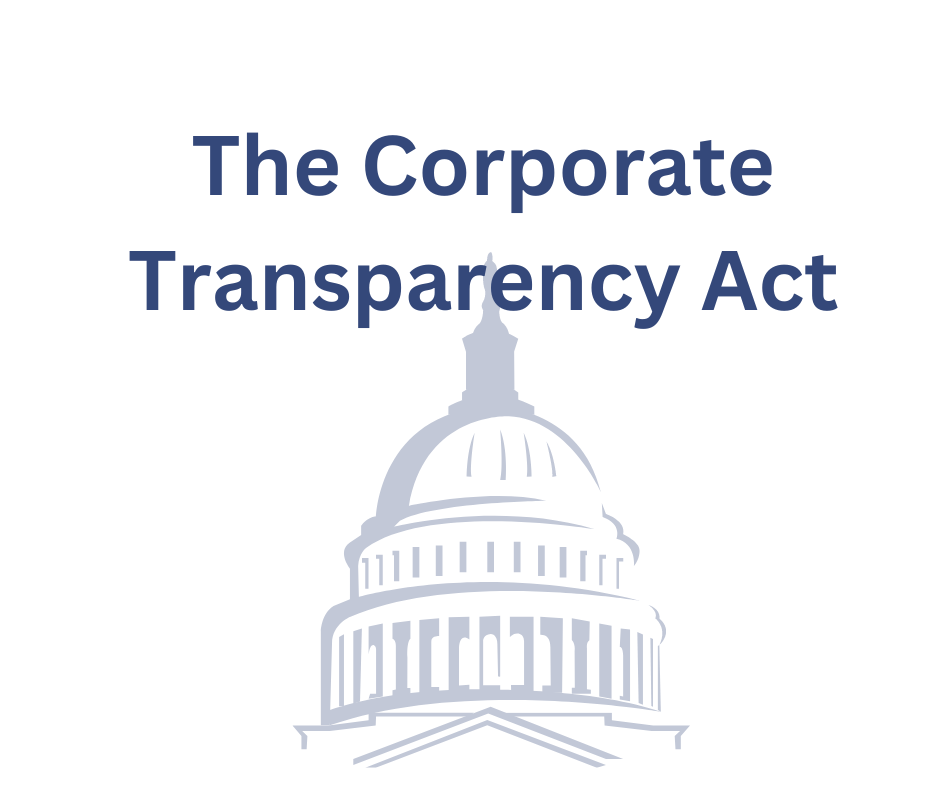The Corporate Transparency Act (CTA) marks a significant milestone in the U.S. government’s efforts to combat financial crimes, particularly money laundering, tax evasion, and the financing of terrorism. Enacted as part of the Anti-Money Laundering Act of 2020 within the National Defense Authorization Act for Fiscal Year 2021, the CTA represents a decisive shift towards enhancing transparency in the corporate sector. This act requires certain businesses to disclose their beneficial owners to the Financial Crimes Enforcement Network (FinCEN), a bureau of the U.S. Department of Treasury.
Purpose of the Corporate Transparency Act
The primary objective of the Corporate Transparency Act is to curb illicit activities by making it harder for individuals to use complex corporate structures to obscure their identity and illicitly channel money. By mandating the disclosure of beneficial ownership information, the act aims to provide law enforcement agencies, financial institutions, and other entities with critical data to track the flow of money and investigate potential financial crimes.
Corporate Transparency Act Requirements
The CTA applies to a wide range of business entities, including corporations, limited liability companies (LLCs), and other entities created by filing a document with a secretary of state or similar office. It requires these entities to report specific information about their beneficial owners — defined as any individual who, directly or indirectly, exercises substantial control over the entity or owns or controls at least 25% of the ownership interests of the entity.
Businesses affected by the CTA must submit beneficial ownership information to FinCEN, including the name, date of birth, address, and an identification number (such as a passport number or driver’s license number) for each beneficial owner. This requirement not only applies to entities formed within the United States but also to foreign entities that are registered to do business in the U.S.
Exemptions
The Corporate Transparency Act does provide exemptions for certain categories of entities, primarily those that are already heavily regulated or that present a low risk of being used for illicit purposes. This includes, but is not limited to, entities such as banks, credit unions, insurance companies, and publicly traded companies.
Implementation and Compliance
The start of the Corporate Transparency Act is set for January 1, 2024. This gives entities time to prepare for compliance, including gathering the necessary information about their beneficial owners. Once the act is in full effect, newly formed entities will be required to submit their beneficial ownership information at the time of formation, while existing entities will have a set period to provide their information to FinCEN.
How Corporate Transparency Act Affects Your Small Business
The CTA has far-reaching implications for businesses, particularly small and medium-sized enterprises (SMEs) that may not have the resources or infrastructure to easily comply with these new reporting requirements. It places a new administrative burden on these entities, requiring them to collect, update, and report detailed information about their owners. Additionally, the act signifies a significant tool for law enforcement in their ongoing efforts to detect and prevent financial crimes.
We encourage you to review the guidance on the FINCEN website to determine if this new reporting requirement applies to your business.
If you have any questions, please reach out using the form below or give us a call at 630.584.4555

